-
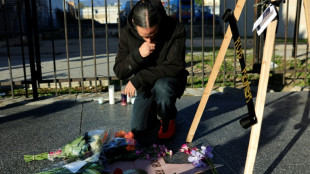 Rob Reiner murder: son not medically cleared for court
Rob Reiner murder: son not medically cleared for court
-
FIFA announces $60 World Cup tickets for 'loyal fans'
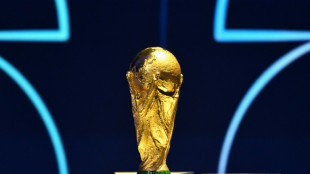
-
 Dembele and Bonmati scoop FIFA Best awards
Dembele and Bonmati scoop FIFA Best awards
-
Shiffrin dominates first run in Courchevel slalom
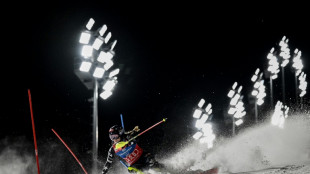
-
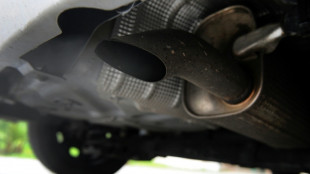 EU weakens 2035 combustion-engine ban to boost car industry
EU weakens 2035 combustion-engine ban to boost car industry
-
Arctic sees unprecedented heat as climate impacts cascade

-
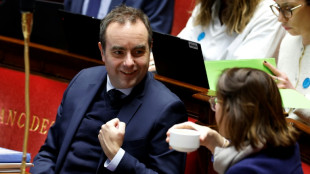 French lawmakers adopt social security budget, suspend pension reform
French lawmakers adopt social security budget, suspend pension reform
-
Afrikaners mark pilgrimage day, resonating with their US backers
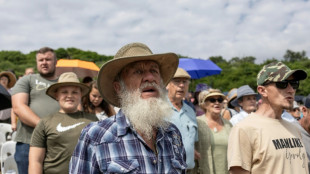
-
 Lawmakers grill Trump officials on US alleged drug boat strikes
Lawmakers grill Trump officials on US alleged drug boat strikes
-
Hamraoui loses case against PSG over lack of support after attack

-
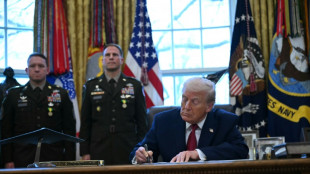 Trump - a year of ruling by executive order
Trump - a year of ruling by executive order
-
Iran refusing to allow independent medical examination of Nobel winner: family
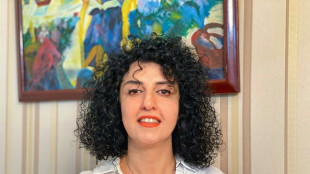
-
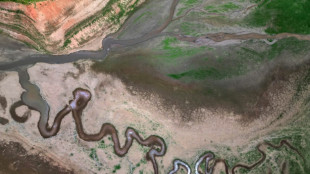 Brazil megacity Sao Paulo struck by fresh water crisis
Brazil megacity Sao Paulo struck by fresh water crisis
-
Australia's Green becomes most expensive overseas buy in IPL history

-
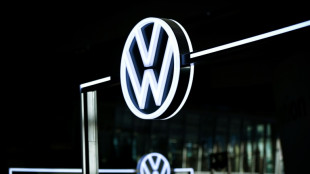 VW stops production at German site for first time
VW stops production at German site for first time
-
Man City star Doku sidelined until new year

-
 Rome's new Colosseum station reveals ancient treasures
Rome's new Colosseum station reveals ancient treasures
-
EU eases 2035 combustion-engine ban to boost car industry
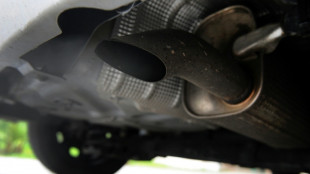
-
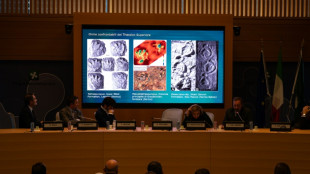 'Immense' collection of dinosaur footprints found in Italy
'Immense' collection of dinosaur footprints found in Italy
-
US unemployment rises further, hovering at highest since 2021

-
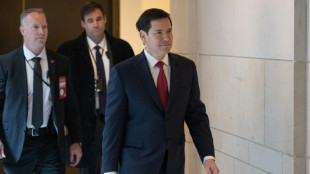 Senators grill Trump officials on US alleged drug boat strikes
Senators grill Trump officials on US alleged drug boat strikes
-
Filmmaker Rob Reiner's son to be formally charged with parents' murder
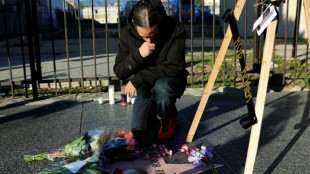
-
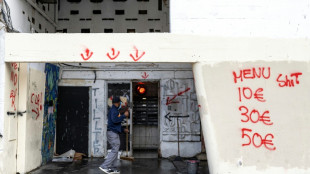 Shift in battle to tackle teens trapped in Marseille drug 'slavery'
Shift in battle to tackle teens trapped in Marseille drug 'slavery'
-
Stocks retreat on US jobs, oil drops on Ukraine hopes
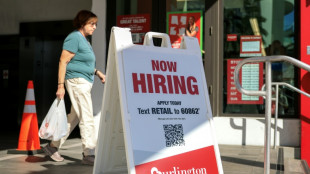
-
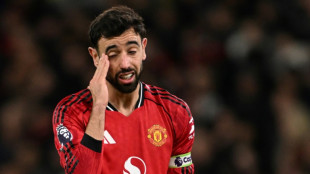 Manchester United 'wanted me to leave', claims Fernandes
Manchester United 'wanted me to leave', claims Fernandes
-
Serbian President blames 'witch hunt' for ditched Kushner hotel plan
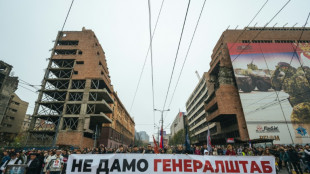
-
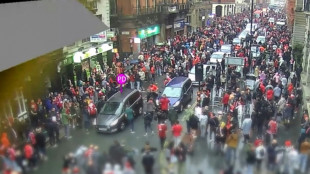 Man who hit Liverpool parade jailed for over 21 years
Man who hit Liverpool parade jailed for over 21 years
-
Sahel juntas would have welcomed a coup in Benin: analysts

-
 PSG ordered to pay around 60mn euros to Mbappe in wage dispute
PSG ordered to pay around 60mn euros to Mbappe in wage dispute
-
BBC says will fight Trump's $10 bn defamation lawsuit
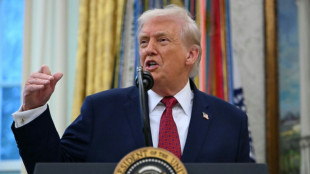
-
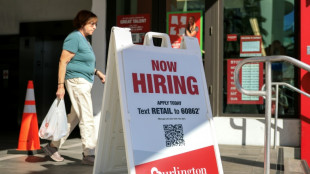 Stocks retreat ahead of US jobs, oil drops on Ukraine hopes
Stocks retreat ahead of US jobs, oil drops on Ukraine hopes
-
Suicide bomber kills five soldiers in northeast Nigeria: sources
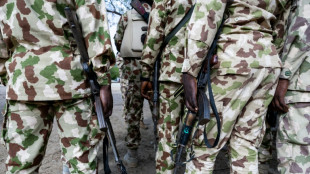
-
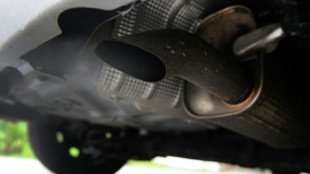 EU set to drop 2035 combustion-engine ban to boost car industry
EU set to drop 2035 combustion-engine ban to boost car industry
-
Australia's Green sold for record 252 mn rupees in IPL auction

-
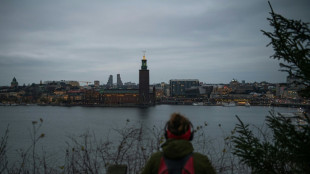 Elusive December sun leaves Stockholm in the dark
Elusive December sun leaves Stockholm in the dark
-
Brendan Rodgers joins Saudi club Al Qadsiah

-
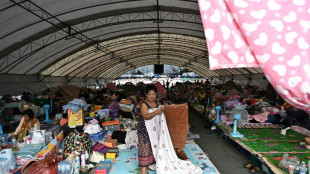 Thailand says Cambodia must announce ceasefire 'first' to stop fighting
Thailand says Cambodia must announce ceasefire 'first' to stop fighting
-
M23 militia says to pull out of key DR Congo city at US's request
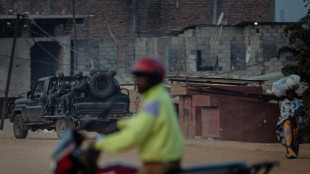
-
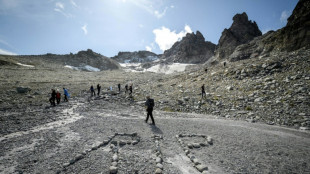 Thousands of glaciers to melt each year by mid-century: study
Thousands of glaciers to melt each year by mid-century: study
-
China to impose anti-dumping duties on EU pork for five years
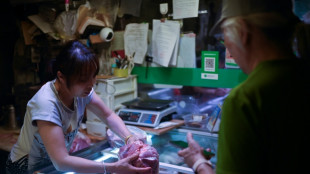
-
 Nepal starts tiger census to track recovery
Nepal starts tiger census to track recovery
-
Economic losses from natural disasters down by a third in 2025: Swiss Re
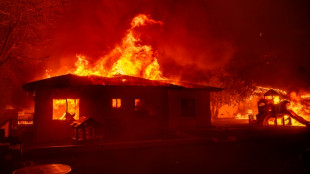
-
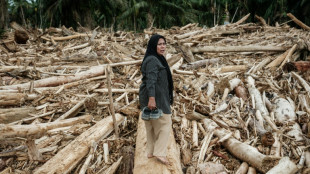 Indonesians reeling from flood devastation plea for global help
Indonesians reeling from flood devastation plea for global help
-
Timeline: How the Bondi Beach mass shooting unfolded
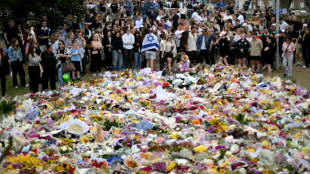
-
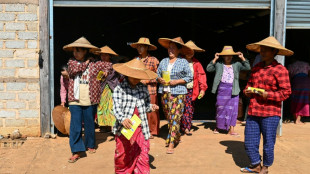 On the campaign trail in a tug-of-war Myanmar town
On the campaign trail in a tug-of-war Myanmar town
-
Bondi Beach suspect visited Philippines on Indian passport
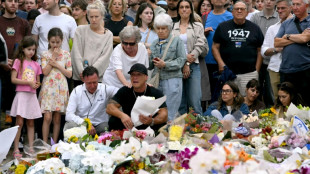
-
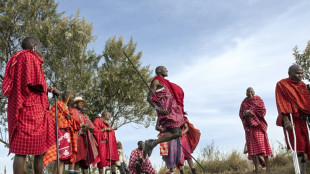 Kenyan girls still afflicted by genital mutilation years after ban
Kenyan girls still afflicted by genital mutilation years after ban
-
Djokovic to warm up for Australian Open in Adelaide
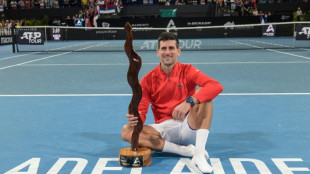
-
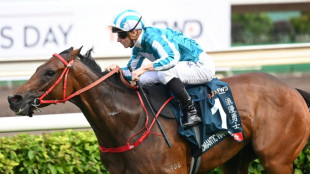 Man bailed for fire protest on track at Hong Kong's richest horse race
Man bailed for fire protest on track at Hong Kong's richest horse race
-
Men's ATP tennis to apply extreme heat rule from 2026

Reverse Apartheid" in SA?
Recent claims have surfaced suggesting that white South Africans face systemic discrimination akin to apartheid, a term historically associated with the institutionalised racial segregation of black South Africans by the white minority from 1948 to 1994. These allegations, often amplified on social media and by certain political figures, point to issues such as land reform policies, farm attacks, and affirmative action programmes as evidence of a supposed "reverse apartheid." This article examines the validity of these claims, exploring the socio-political context, economic realities, and lived experiences in contemporary South Africa.
The notion of apartheid against whites primarily stems from debates over land reform. In 2025, South Africa’s government, led by President Cyril Ramaphosa, implemented a law allowing expropriation of land without compensation under specific conditions. The policy aims to address historical inequalities, as white South Africans, who make up roughly 8% of the population, still own a disproportionate share of arable land—estimated at over 70%—decades after apartheid’s end. Critics argue this policy targets white farmers unfairly, with some claiming it constitutes racial persecution. However, no documented cases of such expropriations have occurred to date, and the policy requires judicial oversight to ensure fairness. The land reform debate is less about race and more about correcting colonial and apartheid-era dispossessions, though its implementation remains contentious.
Another focal point is the issue of farm attacks, which some allege are racially motivated against white farmers. South Africa’s rural crime rates are high, with farmers of all backgrounds facing risks due to the country’s economic inequality and unemployment, which hovers around 33%. Data from the South African Police Service indicates that farm attacks, while tragic, are not disproportionately racial. In 2024, approximately 50 farm murders were recorded, affecting both white and black farmers, with motives often tied to robbery rather than race. Nonetheless, the narrative of a "white genocide" persists, fuelled by inflammatory rhetoric from figures like Julius Malema of the Economic Freedom Fighters, whose past chants of "Kill the Boer" have been widely condemned. Courts have ruled such statements as hate speech, and Malema has since distanced himself from inciting violence.
Affirmative action policies, designed to uplift historically disadvantaged black, coloured, and Indian populations, are also cited as evidence of anti-white discrimination. Programmes like Black Economic Empowerment (BEE) prioritise non-white hiring and business ownership to address the economic legacy of apartheid, where whites dominated wealth and opportunity. Some white South Africans, particularly Afrikaans-speaking Afrikaners, feel marginalised, claiming these policies limit their job prospects. For instance, in 2018, white employees at the Sasol corporation protested against alleged exclusion from bonus schemes. Yet, economic data paints a different picture: white South Africans still enjoy higher average incomes and lower unemployment rates (around 7%) compared to black South Africans (over 40%). The Gini coefficient, a measure of inequality, remains among the world’s highest at 63.3%, reflecting persistent disparities that affirmative action seeks to address.
Social tensions also play a role. Many white South Africans report feeling culturally alienated in a nation where African languages and traditions dominate public life. Afrikaans, once a symbol of white authority, is less prominent in schools and government, prompting some to perceive this as erasure. Conversely, black South Africans argue that these shifts are necessary to reflect the country’s 80% black majority. Incidents of racism, such as black students reporting unfair treatment in schools, highlight that prejudice cuts both ways, complicating claims of one-sided oppression.
The "apartheid against whites" narrative has gained traction internationally, particularly in the United States, where former President Donald Trump in 2025 claimed white South Africans face "genocide." He offered asylum to white farmers, citing videos purportedly showing attacks. These claims were debunked, with South African authorities and independent analysts confirming no evidence of genocide. The videos, some dating back to the apartheid era, were misrepresented. Such international interventions often overlook South Africa’s complex reality, where poverty, not race, drives much of the crime and unrest. The country’s Truth and Reconciliation Commission, established post-1994, aimed to heal racial divides, but its recommendations for economic justice remain only partially implemented, leaving both black and white communities frustrated.
South Africa’s challenges—high crime, unemployment, and inequality—stem from apartheid’s long shadow, not a new racial regime. White South Africans, while facing real anxieties about their place in a transforming society, retain significant economic advantages. Claims of apartheid against whites exaggerate isolated incidents and mischaracterise policies aimed at historical redress. The country’s path forward lies in addressing poverty and fostering dialogue, not in perpetuating narratives of racial victimhood.

Vice-Chancellor Habeck: Empty words without action?

Israel: More bodies, weeks after Hamas terror attack
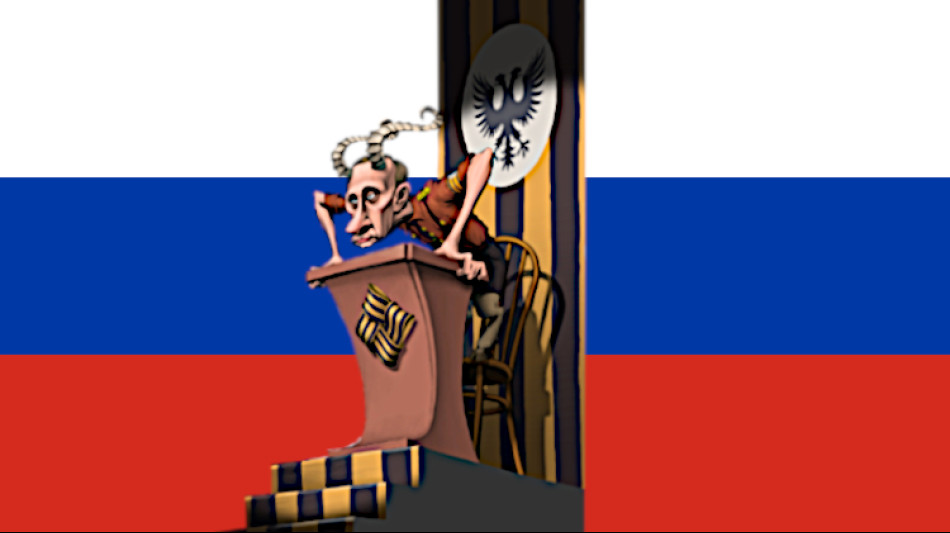
Israel politician threatens russian terror state on Russian TV

EU: No agreement on 10-year extension for glyphosate

Ukraine: When will the world stand up to Russian terror?

Warming: Methane levels rising, is this nature's answer?

Israel has every right to destroy Hamas and Hezbollah!

What are the effects of climate change on sea flora?

Azerbaijan is in control: Armenians flee Nagorno-Karabakh

EU countries agree on watered-down car emissions proposal

Hungary-Dictator PM Orban claims EU 'deceived' Hungary



